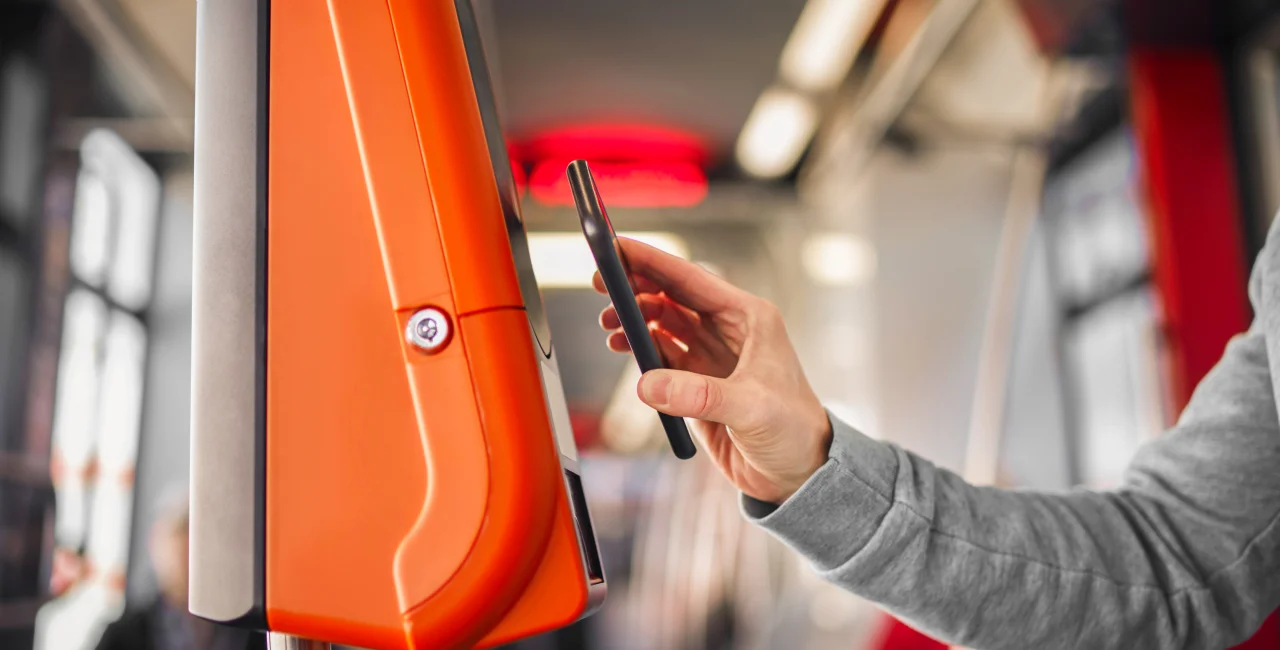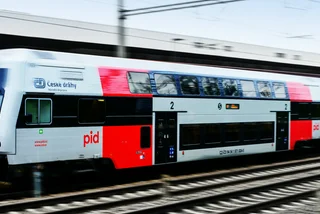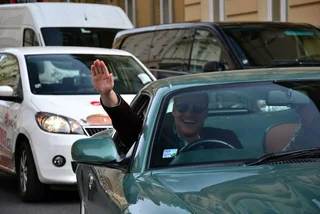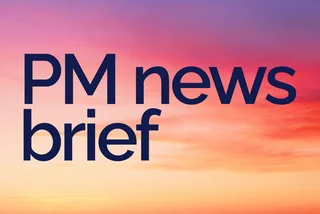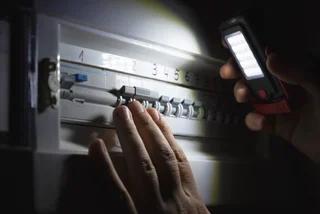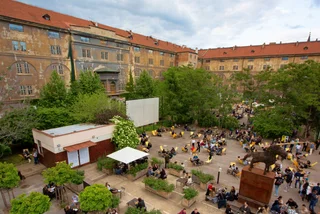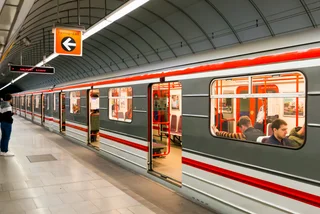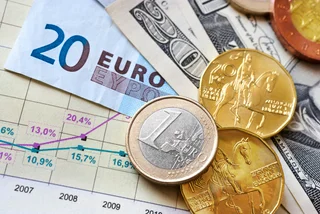Prague and the Central Bohemian region are at loggerheads over how much passengers should pay for city-wide and regional public transport, and the disagreement could soon affect your daily commute.
While Central Bohemia has already approved fairly steep price hikes for 2026, Prague’s leaders on Monday came out divided on whether to follow suit, risking a “tariff split” that could make cross-border journeys more expensive and complicated.
Where we stand now
The Central Bohemia administration’s long-term plan, set to start Jan. 1, 2026, would raise paper ticket prices by 30 percent and electronic tickets bought through the PID Lítačka app by 20 percent. Regional officials say the increase is needed to keep the Prague Integrated Transport (PID) network sustainable as costs rise. The region expects to spend CZK 5.2 billion on transport in 2026: a 13-percent jump from this year.
However, there’s an issue holding Central Bohemia back: Prague. The Czech capital’s administration, in essence, is split on whether to raise prices, and how much by.
Because Prague and Central Bohemia share an interconnected ticketing system, the capital must approve Central Bohemia’s planned price hikes before they can come into effect. Without agreement, passengers would end up paying for two separate tickets for a single trip across the city–region border.
Coalition members want to raise prices
Monday brought a major development: Prague city councilors suspended a vote on price changes after officials from the incumbent Spolu (Together) government coalition proposed increasing fare hikes in the capital.
Under Spolu’s proposal, uncovered by Czech media outlet iDnes, a 30-minute ticket in Prague would rise from the current CZK 30 to 33 (SMS tickets from CZK 31 to CZK 36), and a 90-minute ticket would go from CZK 40 to CZK 44 (CZK 42 to CZK 48 for SMS).
Prices would stay unchanged for passengers buying via the Lítačka app. The plan also includes increases for 24- and 72-hour passes, pet and luggage transport, and higher fines for fare evasion. Spolu leaders argue that income generated from Prague’s public transport fares covers just 14 percent of all operating costs. This compares with 30 percent in Central Bohemia, a figure that ranges much higher in many European capitals, officials say.
“If Prague is to have functional, modern, and accessible public transport in the future, we must avoid postponing unpleasant decisions just because of [upcoming October general] elections,” said Tomáš Portlík, mayor of Prague 9.
But other officials want no price hikes
The Pirates party, who share power in Prague’s municipal administration, rejects raising city fares.
Deputy Minister for Transport Zdeněk Hřib (Pirates)“Our goal is to make people’s lives cheaper, not more expensive. We can talk about German prices when we have German salaries. Until then, however, we must find ways to make public transport accessible to as many people as possible."
Former Deputy Mayor Adam Scheinherr commented that any increases in ticket prices will bring in only "negligible additional funds," though he believes it makes greater sense to charge more for single-use tickets than for monthly or annual passes.
Prague last raised the prices of single tickets in 2021, going from charging CZK 24 for a 30-minute ticket to CZK 30. The cost of a 90-minute ticket in that year rose from CZK 32 to CZK 40.
A coalition meeting Wednesday is expected to determine whether Prague will approve only the Central Bohemian increase or add its own changes. The decision, if one is reached, may shape how much you pay for public transport in 2026.












 Reading time: 3 minutes
Reading time: 3 minutes 